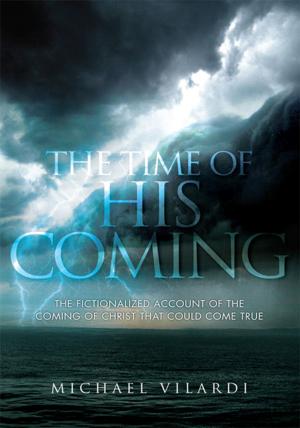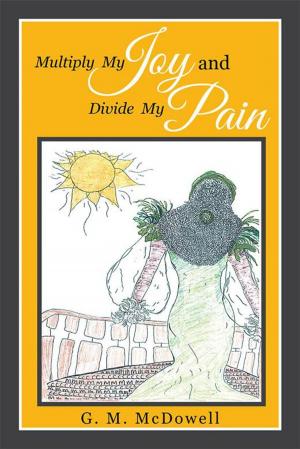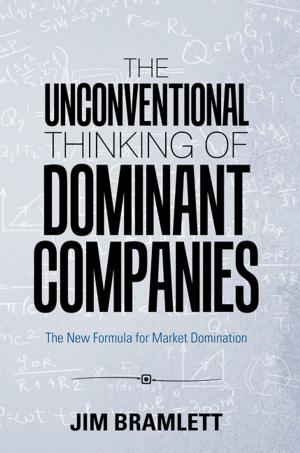The Trickster and the Paranormal
Nonfiction, Social & Cultural Studies, Social Science, Folklore & Mythology, Religion & Spirituality, Occult, Supernatural, New Age| Author: | George P. Hansen | ISBN: | 9781462812899 |
| Publisher: | Xlibris US | Publication: | August 20, 2001 |
| Imprint: | Xlibris US | Language: | English |
| Author: | George P. Hansen |
| ISBN: | 9781462812899 |
| Publisher: | Xlibris US |
| Publication: | August 20, 2001 |
| Imprint: | Xlibris US |
| Language: | English |
Paranormal and supernatural events have been reported for millennia. They have fostered history’s most important cultural transformations (e.g., via the miracles of Moses, Jesus, Mohammed). Paranormal phenomena are frequently portrayed in the world’s greatest art and literature, as well as in popular TV shows and movies. Most adults in the U.S. believe in them. Yet they have a marginal place in modern culture. No university departments are devoted to studying psychic phenomena. In fact, a panoply of scientists now aggressively denounces them.
These facts present a deeply puzzling situation. But they become coherent after pondering the trickster figure, an archaic being found worldwide in mythology and folklore. The trickster governs paradox and the irrational, but his messages are concealed. This book draws upon theories of the trickster from anthropology, folklore, sociology, semiotics, and literary criticism. It examines psychic phenomena and UFOs and explains why they are so problematical for science.
Paranormal and supernatural events have been reported for millennia. They have fostered history’s most important cultural transformations (e.g., via the miracles of Moses, Jesus, Mohammed). Paranormal phenomena are frequently portrayed in the world’s greatest art and literature, as well as in popular TV shows and movies. Most adults in the U.S. believe in them. Yet they have a marginal place in modern culture. No university departments are devoted to studying psychic phenomena. In fact, a panoply of scientists now aggressively denounces them.
These facts present a deeply puzzling situation. But they become coherent after pondering the trickster figure, an archaic being found worldwide in mythology and folklore. The trickster governs paradox and the irrational, but his messages are concealed. This book draws upon theories of the trickster from anthropology, folklore, sociology, semiotics, and literary criticism. It examines psychic phenomena and UFOs and explains why they are so problematical for science.















